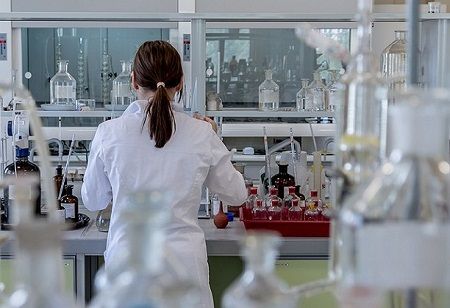India Pharma Outlook Team | Monday, 09 September 2024

The Lung Cancer Research Foundation (LCRF) has stated that it will partner with Bayer Pharmaceuticals to provide funding for two research grants aimed at developing new approaches to enhance the understanding and treatment of lung cancers with HER2 mutations or other HER2 alterations.
This partnership aims to investigate key mechanistic inquiries and therapeutic advancements in treating HER2-mutant NSCLC throughout the care process, with the possibility of enhancing patient results.
“LCRF is delighted to collaborate with Bayer to identify and support outstanding lung cancer research projects that will help develop treatments for this specific set of lung cancers,” says Kathryn O’Donnell, PhD, LCRF Scientific Advisory Board chair. “Expanding the treatment options available to patients affected by HER2 mutations or alterations is an important and exciting area in lung cancer research.”
“We are delighted to encourage and support groundbreaking research via this new LCRF initiative. This collaboration underscores our ongoing commitment to patients living with lung cancer, and our unwavering drive to advance precision oncology in disease areas with the highest unmet needs,” said Abdelali Majdi, MD, head of global medical affairs precision oncology & pipeline at Bayer’s Pharmaceuticals Division.
More lives are claimed by lung cancer globally compared to any other type of cancer, with approximately 130,180 deaths reported in the United States every year. Worldwide, about 1.8 million people are diagnosed with lung cancer annually, resulting in over 1.6 million fatalities. Advances in molecular profiling of tumors have contributed to an increase in clinical trials and regulatory approvals of targeted therapies for non-small cell lung cancer (NSCLC) within the past 10 to 15 years.
A lot of these specific treatments are aimed at oncogenes that drive cancer growth. The family of tyrosine kinases known as HER includes HER1 (epidermal growth factor receptor [EGFR] or ERBB1), HER2 (HER2/neu or ERBB2), HER3, and HER4. Tyrosine kinase inhibitors have successfully targeted EGFR mutations, one of the earliest oncogenic drivers.